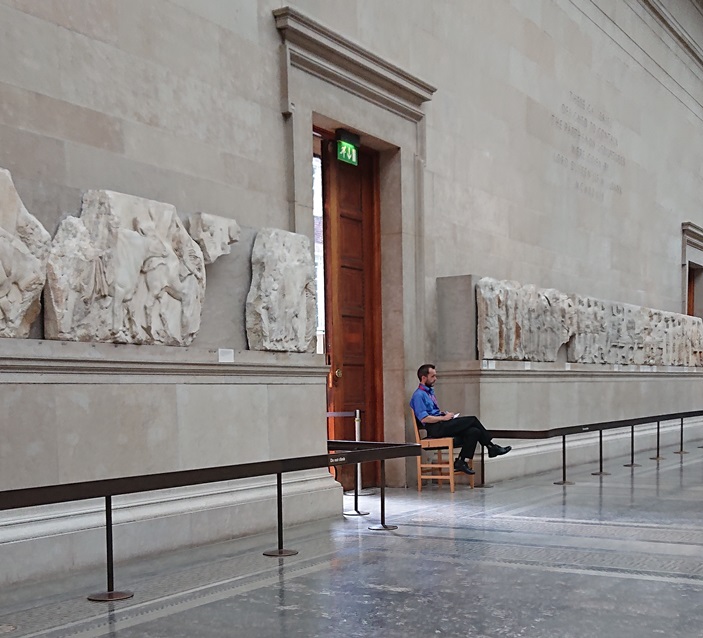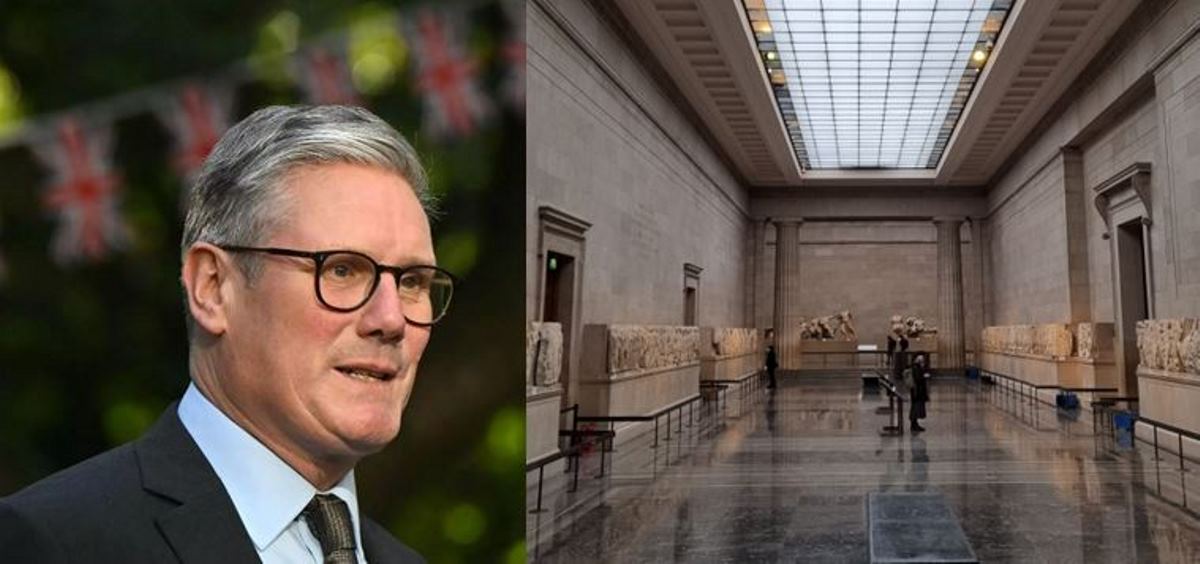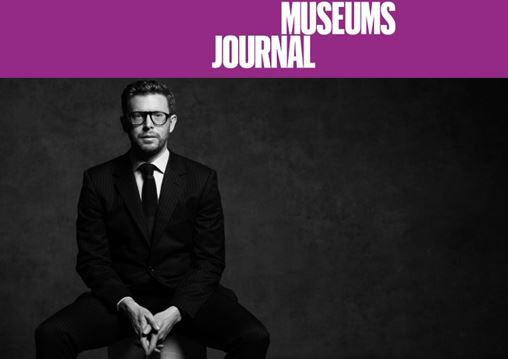28 July 2011
John Melville-Jones writes for neokosmos.com
In recent years the nature of the document that was presented to the British Parliament in 1816, which authorised Lord Elgin to study and copy the ancient Greek sculptures on the Acropolis of Athens, has been investigated.
It is clear that it was not, as has so often been claimed, a 'firman' from the Ottoman sultan, because it lacks some of the formal elements that a true 'firman' would have had. Its exact nature is, however difficult to define. If an official 'firman' was ever issued (and no evidence now exists to prove that this happened), the Italian text that Lord Elgin laid before the parliament with an English translation may have been a précis of this. But it is more probable that it was a more or less accurate translation of an ad hoc document created by an Ottoman official in Athens. For this reason the translation of the document into English that was made by Lord Elgin's chaplain the Reverend Philip Hunt should have been faultless. But it contains a small but significant mistake.
The authorization to remove material from the Acropolis was repeated in the document, essentially in the same words (Hunt's translations follow): e quando volessero portar via qualche pezzi di pietra con vechie inscrizioni, e figure, non sia fatta lor' oposizione …'and should they wish to take away any pieces of stone with old inscriptions, and figures, that no opposition be made …' and: non si faccia opposizione al portar via qualche pezzi di pietra con inscrizioni, e figure … 'nor hinder them from taking away any pieces of stone with inscriptions, and figures …' Two other translations of this document have been made (as noted in the article by Williams cited above).
They all translate the Italian phrase 'qualche pezzi di pietra' in the same way, as 'any pieces of stone'. But this is wrong. Anyone who looks up qualche in an Italian-English dictionary will find that 'any' is one of its meanings. But dictionaries often lead the unwary astray, and 'any' is only a permissible translation in some circumstances. For example, hai qualche libro che posso leggere? might be translated as 'Do you have any book(s) that I can read?' But the proper translation of qualche pezzi di pietra is not 'any pieces of stone' but 'a few pieces of stone' (the Italian of the document is not the best in this case - it is normal to use the singular form of a noun with qualche, so we would expect to read qualche pezzo, but this is not important).
The only time, to my knowledge, that this phrase has been translated correctly into English was in a speech made by Melina Mercouri (the Greek Minister for Culture) to the Oxford Union in 1986.
This does not seem to have attracted any general attention. How many 'pieces of stone' would be implied by qualche pezzi? It is possible to suspect that the language is deliberately vague, but if you ask an Italian what number the phrase might imply, he will smile happily and make supportive gestures if you suggest three or five or seven, but when you reach ten or a larger number he will begin to look doubtful.
So if the conditions of the alleged 'firman' had been strictly observed, Lord Elgin would not have been allowed to take away as many pieces of stone from the Parthenon and other buildings as he did. And if the British Parliamentary Select Committee had had a more exact translation before it in 1816 when it was formed to discuss the possible acquisition of the Elgin Marbles, this might have led to some modification of their decision.
There is no record of any objection from the Ottoman authorities to Lord Elgin's removal of the large number of 'pieces of stone' that he did in fact take, so the mistranslation of this phrase in the 'firman' now has little force in the current argument concerning the repatriation of the Parthenon sculptures. But it is desirable to put the correct translation of the Italian text on the record.
John Melville-Jones is an associate Professor in Classics and Ancient History at University of Western Australia. This note has been prepared on behalf of the Australian Macedonian Advisory Council.





Comments powered by CComment